Does CBN Affect REM Sleep?

You're not alone if you're curious about cannabinol (CBN) and its potential effects on sleep.
Although many are familiar with using THC or CBD as sleep aids, many may not be aware of the great potential that CBN contains. CBN might just be one of the best natural sleep aids out there.
As a minor cannabinoid derived from cannabis, CBN has sparked interest for its possible sedative properties, among other potential benefits, all of which we’ll cover today.
In this article, we'll discuss what CBN is, how it differs from other cannabinoids, and examine the current evidence surrounding its impact on sleep, particularly REM sleep.
So, does CBN affect REM sleep, and if so, how? Keep reading to find out!
Key Takeaways
- CBN is a minor cannabinoid with potential sedative properties that may help improve sleep quality without causing a strong psychoactive effect.
- CBN differs from CBD and THC in that it is mildly psychoactive, making it a more suitable option for those seeking sleep support without an intense "high."
- Studies indicate that CBN may reduce sleep disruptions and contribute to deeper, more restful sleep, particularly in later sleep stages like REM sleep.
- Although CBN shows promise as a sleep aid, further research is necessary to fully understand its impact on REM sleep and its long-term effects on sleep health.
- CBN may offer a milder, non-addictive alternative to prescription sleep medications, making it an appealing choice for individuals looking for natural sleep remedies.
What Is CBN?
Cannabinol (CBN) is a minor cannabinoid found in cannabis that forms when tetrahydrocannabinol (THC) breaks down over time. As cannabis ages or is exposed to heat and light, THC gradually converts to CBN.
The psychoactivity of CBN is extremely low, and according to this CBN overview, it is about ten times less or just 10% of THC. This means that in small doses, CBN should not produce psychoactive effects, although it may produce a mild “high” when consumed in larger amounts.
While CBN has been anecdotally associated with sedative effects, scientific research on its sleep-promoting properties is limited, albeit not non-existent. As you’ll see further below, there are some strong indications that CBN may act as a sedative and promote sleep.
You can find CBN products in various forms in our CBN Collection.
How CBN differs from CBD and THC
CBN, CBD, and THC are cannabinoids found in cannabis, each with distinct properties. Understanding their differences helps you choose the right therapeutic or recreational option.
Here’s how they differ:
CBN: Mildly Psychoactive and Sedating
CBN is mildly psychoactive, formed when THC degrades. It's linked to potential sedative effects, making it a possible aid for sleep without causing a strong "high."
CBD: Non-Psychoactive and Therapeutic
CBD is non-psychoactive and widely known for its potential anti-anxiety, anti-inflammatory, and pain-relieving properties. It interacts with the endocannabinoid system without altering mood or perception.
THC: Strongly Psychoactive
THC is the main psychoactive compound in cannabis, responsible for the "high." It binds to CB1 receptors, influencing mood, memory, and perception. It's also used medicinally for pain and nausea relief.
If you’re looking for a mild CBN product to get you started, an indica that can help put you to sleep, try this Sunset Sherbet Dream Blend 2ml Live Resin Vape.
The Science of CBN and Sleep
Understanding how CBN affects sleep requires exploring its interaction with the body's endocannabinoid system (ECS). The ECS plays a role in regulating various physiological processes, including sleep-wake cycles.
Here’s how CBN interacts with the endocannabinoid system:
How CBN Interacts With the Endocannabinoid System
CBN interacts with the ECS primarily through the CB1 and CB2 receptors. While its binding affinity is weaker than THC, CBN still activates these receptors to some degree. This activation may influence sleep patterns and other physiological processes.
Due to its weaker binding affinity, it produces much milder psychoactive effects than THC, while still having many potential therapeutic benefits, with sleep being one of them.
CBN weakly binds to both CB1 and CB2 receptors, causing milder psychoactive effects than THC. This interaction may contribute to its potential benefits, such as sleep aid and inflammation reduction.
How Does CBN Affect REM Sleep?
REM sleep, known for its rapid eye movements and vivid dreaming, plays a vital role in the sleep cycle. During this stage, brain activity heightens while the body undergoes temporary paralysis, preventing movement during dreams.
THC has been shown to suppress REM sleep, resulting in fewer dreams and changes in sleep structure. However, CBN may have the opposite effect on sleep patterns.
Although the research didn’t specifically target REM sleep, a study found that participants who took 50mg of CBN experienced significant improvements in sleep quality compared to those given a placebo.
This observation aligns with user feedback suggesting that CBN contributes to deeper and more restful sleep, with fewer disruptions.
Since REM sleep occurs in the latter part of the sleep cycle, it’s reasonable to believe that by reducing time spent in the earlier stages, CBN may enhance slow-wave sleep, considered the most restorative phase.
CBN's influence on sleep may stem from its interaction with the endocannabinoid system and neurotransmitters responsible for regulating sleep. As a mild activator of CB1 receptors, CBN might positively affect the sleep-wake cycle and alter the progression through different sleep stages.
Additionally, CBN is recognized for its soothing qualities, potentially contributing to its ability to support better sleep. Nevertheless, further research is necessary to fully understand how CBN impacts sleep architecture and REM sleep in humans.
If you’d like to test it, this MK Ultra Dream Blend 2ml Vape with CBN, HHC, THCp, CBD, and Delta 8 is a great way to start.
Studies on CBN and Sleep
Although scientific research on CBN and sleep is limited, a few studies show great promise on this front. Here’s what some notable studies have to say about CBN and sleep:
Human Studies on CBN and Sleep
A study discovered that a 20mg dose of CBN may help improve some aspects of sleep by decreasing nighttime awakenings and reducing overall sleep disruptions.
In this research, CBN had no effect on how long it took participants to fall asleep (sleep onset latency), wake-after-sleep onset (WASO), or feelings of daytime fatigue.
Additionally, combining CBN with CBD did not amplify these results, suggesting that CBN alone was the main factor behind the reported sleep improvements.
Animal Studies on CBN and Sleep
Research published in General Pharmacology revealed that CBN extended sleep duration in mice, indicating it may have sedative effects. However, this result was observed only when CBN was administered in combination with another sedative.
Although there are strong indications that CBN can act as a sleep aid, further research is required to confirm this. Let’s see how CBN stacks up against other sleep aids.
CBN vs. Other Sleep Aids
When considering CBN for sleep, it's helpful to compare it with other common sleep aids, such as melatonin. Understanding these differences can help you choose the most suitable option for your needs.

CBN Compared to Melatonin
Melatonin is a hormone naturally produced by your body to regulate sleep-wake cycles. It's widely used and considered safe for short-term use as a supplement. CBN, on the other hand, is a cannabinoid with potential sedative effects.
While melatonin primarily helps with sleep onset, CBN may offer broader benefits. Some users report that CBN provides a more natural, relaxed sleep experience than melatonin.
However, scientific evidence supporting CBN's effectiveness for sleep is still limited, aside from this one study, which indicates that CBN and melatonin 25mg, 50mg, and 100mg were all effective at aiding in sleep, comparable to the effect of 4mg of melatonin.
If you're looking for alternatives to melatonin, consider the best indica vape strain for sleep, which may have similar relaxation benefits. If you like the idea of an easy-to-take sleep aid that doesn’t require any fuss, these Sleepy Blend Wellness Gummies with 1,500mg of CBN, CBG, and CBD, might be what you need for a restful sleep.
CBN and Prescription Sleep Medications
Prescription sleep medications like benzodiazepines and non-benzodiazepine hypnotics are powerful tools for managing insomnia. These drugs enhance the effects of GABA, a neurotransmitter that promotes sleep.
CBN interacts with the endocannabinoid system differently. While it may have sedative properties, its effects are generally milder than prescription sleep aids. This could make CBN an appealing option for those seeking a gentler approach to sleep support without the highly addictive qualities of many prescription medications.
Combining CBN With Other Natural Sleep Remedies
Many people find success in combining CBN with other natural sleep aids. This approach can potentially enhance overall sleep quality without relying solely on one substance.
Some popular natural sleep remedies to consider alongside CBN include:
- Herbal teas (chamomile, valerian root)
- Magnesium supplements
- Lavender aromatherapy
- L-theanine
In addition to these natural sleep remedies, you may want to take advantage of the various terpenes found in cannabis, which may also help with sleep.
Related Products
Natural Terpenes for Sleep
Various terpenes known for their calming effects can also promote relaxation and potentially improve sleep quality when used in conjunction with CBN. This is especially true of terpenes such as myrcene, which is shown to have soothing and calming properties.
Now that we know everything there is to know about CBN and sleep, let’s talk about its safety and potential side effects.
Is CBN Safe for Improving Sleep?
While CBN shows promise as a sleep aid, you should consider its safety profile before incorporating it into your routine. CBN is generally well-tolerated and considered safe, but it can have potential side effects and interactions like any supplement.
Potential side effects of CBN
Most users report minimal side effects from CBN use. However, some individuals may experience:
- Drowsiness or grogginess, especially when taken in high doses
- Dry mouth
- Dizziness
- Changes in appetite
These effects are typically mild and subside as your body adjusts to CBN. If you're new to CBN, start with a low dose and gradually increase it to find your optimal level.
Drug Interactions to Be Aware Of
CBN may interact with certain medications, potentially altering their effectiveness or increasing side effects. Be cautious if you're taking any of the following medications:
- Sedatives or sleep medications
- Blood thinners
- Antidepressants
- Anti-anxiety medications
If you are taking any of these medications, you must consult with your healthcare provider before starting CBN for sleep.
CBN can enhance the sedative effects of these drugs, potentially leading to excessive drowsiness. Always consult your healthcare provider before combining CBN with any medications.
Who Should Avoid Using CBN?
While CBN is generally safe for most adults, certain groups should exercise caution or avoid its use, including pregnant and breastfeeding women, children and adolescents, those with liver conditions, and individuals with a history of substance abuse.
If you fall into these categories, consult a healthcare professional before using CBN products.
Remember, while CBN shows potential as a sleep aid, more research is needed to understand its long-term effects and safety profile fully. Always prioritize your health and consult a healthcare provider before starting any new sleep regimen.
Tips for Using CBN as a Sleep Aid
If you're considering CBN to improve your sleep, proper usage can make a significant difference in its effectiveness. Finding the right dosage, time of day, and CBN product all matter.
Here are some practical tips to help you get the most out of your CBN experience:
Finding the Right CBN Dosage
Start with a low dose and gradually increase it until you achieve the desired effects. A typical starting dose ranges from 5mg to 10mg of CBN. Pay attention to how your body responds and adjust accordingly.
Some people find relief with as little as 2.5mg, while others may need up to 30mg or more.
Keep a sleep journal to track your dosage, sleep quality, and any side effects. This will help you pinpoint your optimal dose over time. Everyone's endocannabinoid system is unique, so what works for others may not work for you.
Best Time of Day to Take CBN
Take CBN about 30 to 60 minutes before your desired bedtime. This allows enough time for the compound to be absorbed and start working. Consistency is key, so try to take CBN at the same time each night to establish a routine.
Choosing Quality CBN Products
Select CBN products from reputable manufacturers who provide third-party lab testing results. These tests verify the potency and purity of the product, ensuring you're getting what you pay for.
By choosing high-quality products, you can rest assured that they contain the advertised cannabinoids in the specified quantity, no more and no less.
For a high-quality CBN product that can help you rest better, try these Tropic Medley Wellness CBN Gummies with 100mg of CBN and other potentially sleep-promoting cannabinoids.
The Best CBN Products for Sleep
The only thing left for you to do is to choose the right kind of CBN product for sleep, which could be a vape, edible, capsule, or tincture.
Let’s find out what each entails and which is right for you.
CBN Capsules
CBN capsules are pre-measured doses of cannabinol (CBN) in pill form, offering a convenient and consistent way to consume CBN. They are ideal for those looking for precise dosing without the taste of other CBN products.
Capsules are absorbed through digestion, so effects may take longer to set in, but they tend to last longer.
If this sounds like something for you, these Mellow Fellow Sleep Blend Capsules with 1,500mg of CBN, CBD, and CBG might be right. They’re discreet, easy to take, have no flavor, and feature precise dosing.
For more sleep-inducing blends, check out Mellow Fellow’s Dream Blends Collection.
CBN Tinctures
CBN tinctures are liquid extracts that can be taken sublingually (under the tongue) for quicker absorption. They allow for flexible dosing and are typically mixed with a carrier oil. Tinctures offer faster onset times compared to capsules, with effects usually felt within 15 to 45 minutes.
A tincture such as this Sleepy Blend Wellness Tincture makes dosing easy. It comes with 1,500mg of CBN, CBD, and CBG, all of which may promote sleep.
With a convenient dropper, taking as much or as little as you need is simple. It also has an enjoyably minty flavor. There are plenty of other options in Mellow Fellow’s Wellness Collection.
CBN Edibles
CBN edibles, such as gummies or chocolates, are infused with CBN and offer a discreet and enjoyable way to consume cannabinol. Like capsules, edibles are digested, so they may take longer to produce effects but tend to offer more prolonged relief.
The Dream Blend Live Resin M-Fusions Edibles in Fruit Punch offer a delicious and convenient way to enjoy a balanced blend of cannabinoids, including CBN. These 500mg edibles may help create a sense of calm and relaxation, making them a great option to enjoy before bedtime for a more restful night.
CBN Vapes
CBN vapes provide rapid delivery of CBN by inhaling vaporized CBN oil. This method is popular for those seeking fast-acting effects, as the CBN is absorbed quickly through the lungs. Vapes typically offer shorter-lasting effects compared to edibles or capsules.
The Dream Blend MK Ultra 2mL Live Resin Disposable Vape contains a unique cannabinoid combination, including CBN, CBD, Delta 8, and others, which may support a more relaxed state before sleep.
This convenient vape features live resin for a richer experience and an enjoyable flavor profile, making it ideal for winding down at the end of the day.
CBN Flower
For those who prefer a more traditional approach to consuming cannabinoids, smoking some pre-rolls is always an option. Smoking CBN allows for a very fast onset of effects, allowing for immediate relief.
If you prefer keeping things old school, these Dali’s Dream Blend Northern Lights Pre-Rolls are worth trying. The Northern Lights strain is regarded for its sedative properties and has a great flavor profile.
The Bottom Line on CBN and REM Sleep
CBN shows promise as a natural sleep aid, offering mild sedative effects that could improve sleep quality, particularly by reducing nighttime disruptions and promoting deeper sleep.
While research is still emerging, early studies suggest that CBN may help regulate the sleep-wake cycle by interacting with the body’s endocannabinoid system.
For those seeking an alternative to stronger, potentially addictive sleep medications, CBN offers a gentler approach with fewer side effects.
However, more research is needed to fully understand its impact on REM sleep and long-term safety. Incorporating CBN into your sleep routine and other natural remedies could offer a more restful night’s sleep and improve overall sleep health. Always consult your healthcare provider before adding new supplements to your routine.
Explore Mellow Fellow for a range of cannabinoids to help you get much-needed rest!
Frequently Asked Questions
Can CBN Help Me Fall Asleep Faster?
While CBN may improve sleep quality, studies show it doesn't significantly affect how long it takes to fall asleep. However, it may reduce sleep disruptions during the night.
Does CBN Affect REM Sleep in the Same Way as THC?
Unlike THC, which suppresses REM sleep, CBN may have a more positive influence by promoting deeper, uninterrupted sleep. More research is needed to clarify its exact impact on REM sleep.
Can I Combine CBN With Other Sleep Aids Like Melatonin?
Yes, combining CBN with other natural sleep aids such as melatonin or herbal teas may enhance its effectiveness, although individual results vary. Always consult a healthcare professional first.
References
- Cannabinol - an overview | ScienceDirect Topics
- https://www.ncbi.nlm.nih.gov/pmc/articles/PMC8116407/
- https://academic.oup.com/sleep/article/47/Supplement_1/A177/7654563
- https://www.sciencedirect.com/topics/neuroscience/slow-wave-sleep#:~:text=Slow%20wave%20sleep%2C%20also%20known,influenced%20by%20the%20posterior%20hypothalamus.
- https://bmcneurosci.biomedcentral.com/articles/10.1186/s12868-019-0495-7#:~:text=Several%20data%20support%20that%20the,while%20reducing%20wakefulness%20%5B9%5D.
- https://www.sciencedirect.com/science/article/pii/S0926669024003364
- https://pubmed.ncbi.nlm.nih.gov/37796540/
- https://www.frontiersin.org/journals/pharmacology/articles/10.3389/fphar.2021.777804/full%5C
Explore Other Articles
View allExplore more
- 11 hydroxy thc
- Blends
- blunt
- burn blend
- cannabinoids
- cartridge
- CBD
- cbg
- CBN
- Charged Blend
- Clarity Blend
- Concentrates
- Connection Blend
- Creativity Blend
- Dabs
- delta
- delta 10
- delta 11
- delta 8
- Delta 8 thc
- delta 9
- delta 9 thc
- Delta-10-THC
- Delta-11-THC
- delta-8
- Delta-8-THC
- Delta-9-THC
- delta9
- Desire Blend
- destination series
- Diamonds
- disposable
- disposable vape
- Dream Blend
- dry january
- edibles
- elevate blend
- entourage
- entourage effect
- entourage effects
- Euphoria Blend
- focus
- gummies
- H4CBD
- halloween
- hemp
- hemp-derived
- HHC
- HHCp
- HTE
- Indica
- Introvert Blend
- lean
- legal
- Live Resin
- Live Resin cartridges
- m-fusions
- mechoulam
- momentum blend
- Motivation Blend
- preroll
- productivity
- raphael mechoulam
- Recover Blend
- Relief
- sleep
- strain review
- terp sauce
- Terpenes
- Thanksgiving
- thc
- THC beverage
- THC Drink
- thc lean
- thc-p
- THCa
- THCb
- THCh
- THCm
- thcp
- THCp edibles
- THCv
- the elevate blend
- The Energy Blend
- The Happy Blend
- The Illuminate blend
- the momentum blend
- The Rest Blend
- Tranquility Blend
- vape
- vape cartridge
- Vapes
- wax
- wellness
- zkittlez


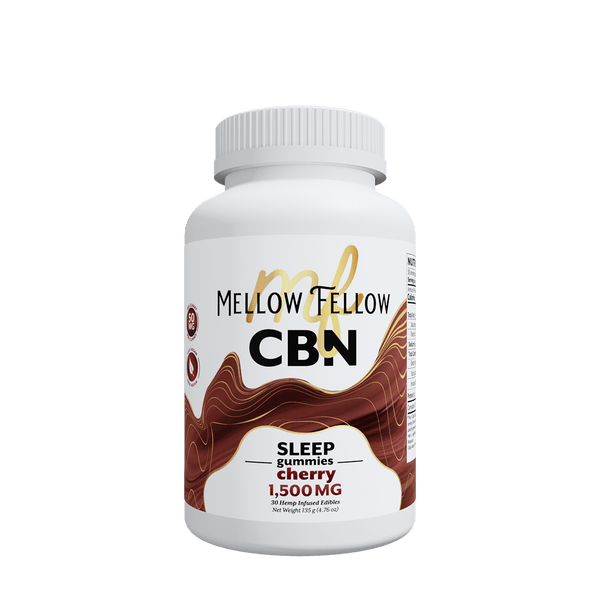
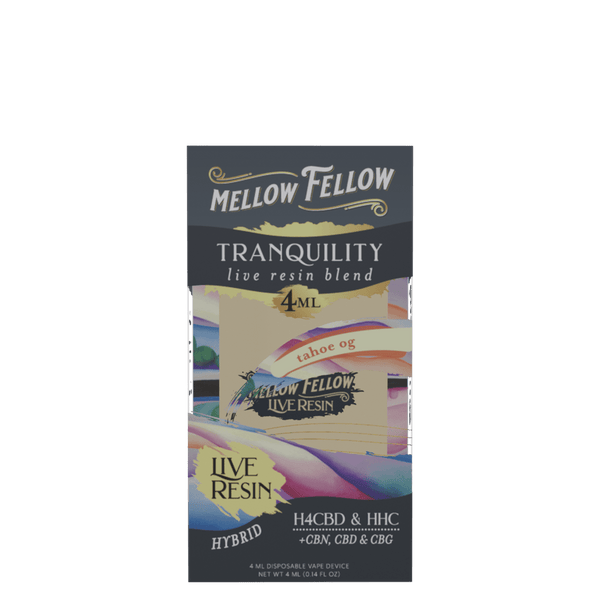
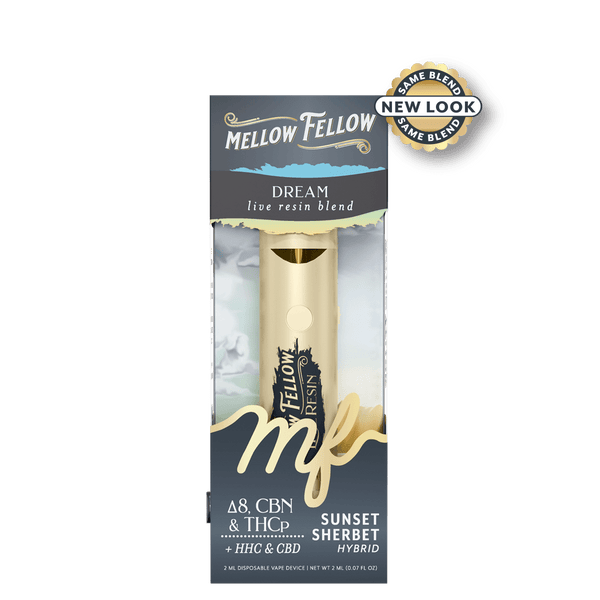

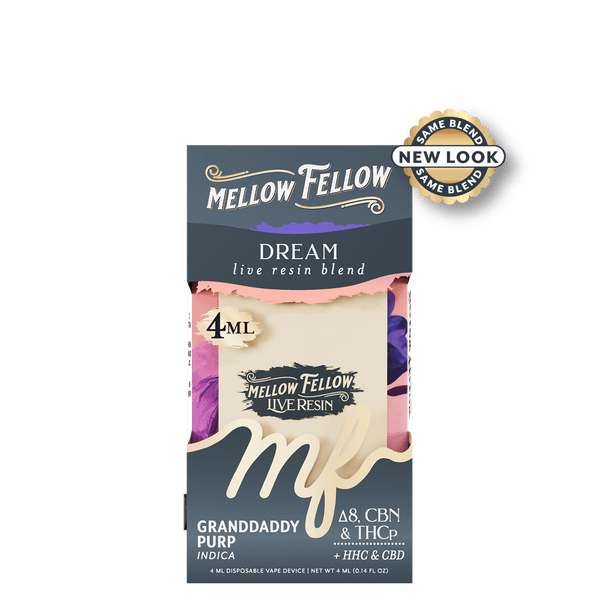
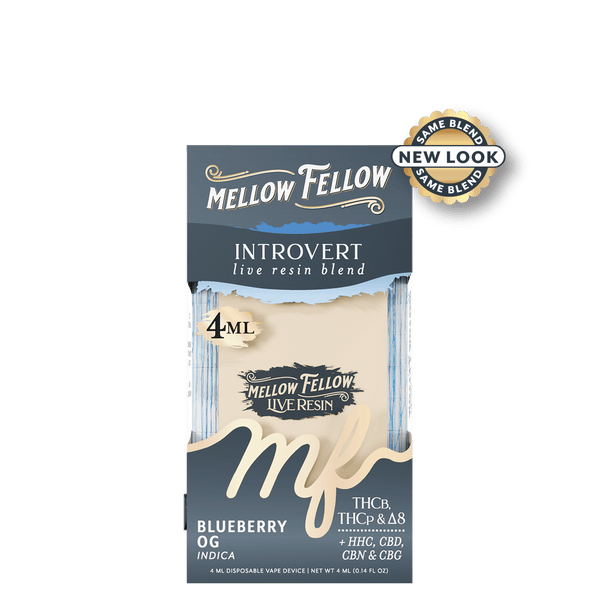










Leave a comment